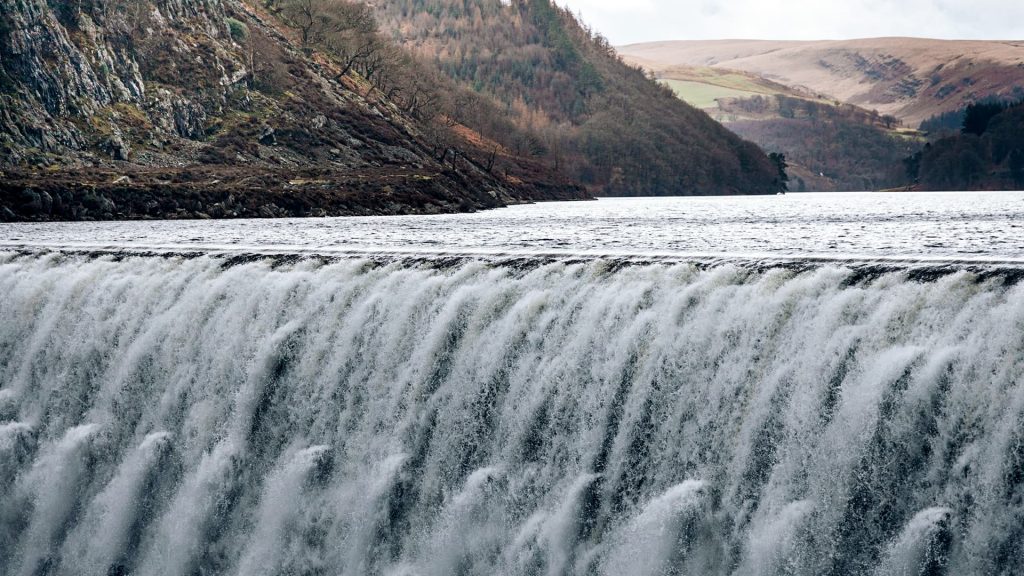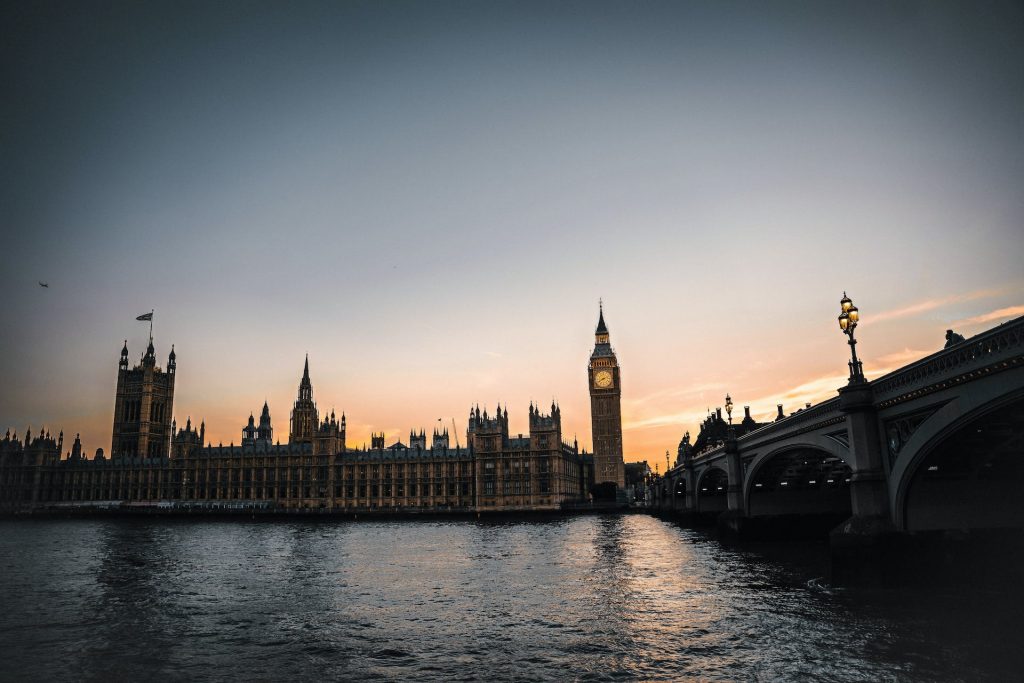It is astonishing how much has happened in the water industry over the past seven months alone, let alone the last five years, and it paints a picture of shattered trust at the core of the water industry and makes it difficult for business water supplies to get the best for their customers.
With Ofwat, the governing body for the water sector, launching an investigation into all 11 of the water and wastewater companies in England and Wales for illegally discharging raw sewage into waterways, the pathway to forgiveness and regained trust appears to be more fraught than ever.
The scale of these issues means that significant and dramatic action will be required to change the water sector for the better and undo decades of neglect, but what actions are likely to be taken, what can be taken and will it be enough to pick up the broken pieces of trust scattered around the industry?
The Special Measures Bill
On 17th July 2024, the State Opening of Parliament took place. During that ceremony, King Charles III read a speech outlining the priorities of the new government as part of this formal introduction.
Part of this speech included the implementation of a Water (Special Measures) Bill designed as an immediate-term step to strengthen the powers of water regulators and boost accountability for water companies and their executives.
These measures, whilst not initially detailed and quantified, include strengthening Ofwat’s powers, and ensuring infrastructure investment is ring-fenced so that it will only be spent on upgrades and any excess is returned to customers.
As well as this, company guidelines will place customers and the environment at the forefront of any business goals and objectives, partly to stop or reduce the controversies of water companies demanding large bill increases whilst paying huge bonuses to executives and dividends to stakeholders.
It would also double the rate of compensation for businesses affected by outages or boil water notices that affect the use of basic water services, the latter of which has increased dramatically in recent years.
Finally, customer panels will be created that have the power to summon members of the board directly for questioning to keep them accountable for meeting the obligations of their customers.
More will likely need to be done than this, but the extent of what will be done will likely depend on other factors.
Who Pays The Price?
On 11th July 2024, Ofwat announced that water bills would increase by an average of £19 per year as part of a five-year price regime.
This increase averages to 21 per cent over this time, which has caused a tremendous amount of controversy from basically every part of the sector.
For business customers dealing with constant disruption and problems, the price increase is bordering on insulting given the raw sewage discharge, frequent outages, boil water notices and bills that are already pushing some small businesses into serious issues depending on where they are located.
Because water companies are not chosen but instead are based on location, this means that some companies will be paying quadruple their annual bills for water.
However, the water companies themselves are also not happy with these bills because they fall far short of their requests, with Southern Water’s 44 per cent increase less than half of their proposed 91 per cent increase and on average equating to only two-thirds of the proposed increases.
The claim by water companies and the industry body Water UK is that Ofwat’s proposal would cause the “biggest ever” reduction in infrastructure investment and that they were “unrealistic” and also “unfair”.
Given the controversies surrounding action, inaction and bonuses, the chances of making a case for the proposed price increases and, by implication, putting the burden of fixing problems created by the water industry on the customer were not high and the very attempt eroded trust further.
However, the money to improve ageing and decaying infrastructure will need to come from somewhere, and that is before the potential for existential collapse.
Elephant In the Thames
The biggest story in the entire industry is the dire straits of Thames Water, which according to some reports is expected to have its investment bonds reduced to junk status.
This situation only increases the risk of an outright collapse, as Thames Water was reported a few days before the downgrade to only have 11 months left of solvency.
Whilst nationalisation or special administration were stated to not be desirable outcomes, Ofwat is proposing the imposition of a “turnaround oversight regime” and rejected their planned 44 per cent increase in bills.
It may, in fact, be necessary to impose a radical change, not only because the alternative is further rapid decline, but also because it shows that the laissez-faire approach to regulation that allowed for this situation in the first place will not be allowed to repeat itself.



